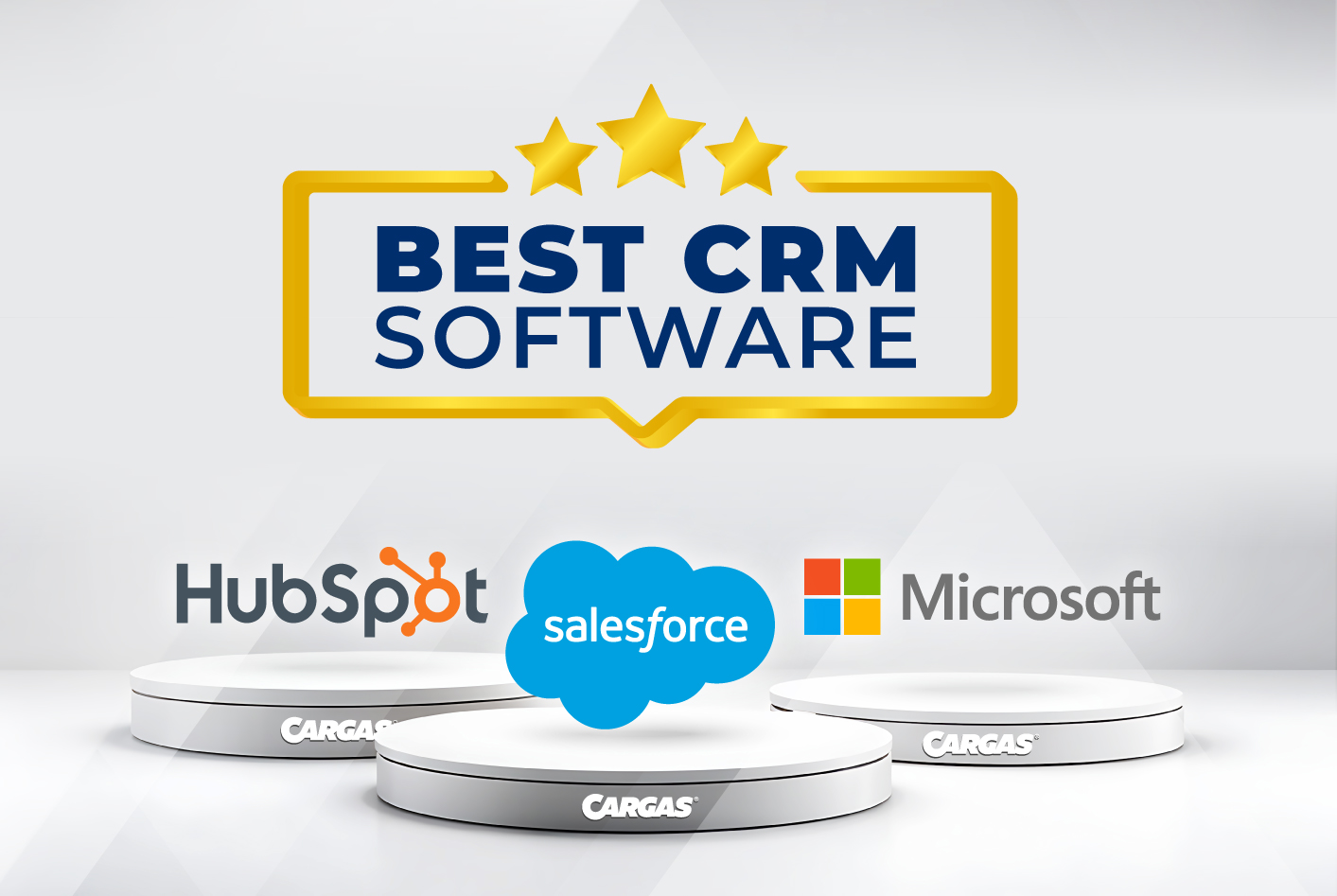ARTICLE | 5 MIN READ
What Is an API?
You probably already use APIs, but what are they and why are they important for your business?

API stands for “application programming interface.” In simpler terms, it’s a set of commands and protocols that programmers use to create or integrate* software.
*FYI – “integrate” means linking software programs so they talk to one another.
Software developers use APIs to connect software programs and share information in a controlled way.
What do you mean by “in a controlled way”?
APIs allow unrelated software programs to talk to one another. For programs written in different languages, an API acts as a translator so the programs can understand one another.
In some cases, one program may be much more powerful than the other program. An API keeps communication flowing by validating information before allowing it to pass from one program to the other. The API also prevents errors by blocking information that might confuse one of the programs. By overseeing the communication between the software, the API keeps both programs safe and functioning correctly.
What APIs might I already be using?
By helping different software programs work together, APIs save time and make life simpler. APIs are responsible for some of the online capabilities you may currently use and take for granted, such as:
- Scheduling social media posts with Hootsuite or Buffer
- Automatically uploading and categorizing credit card transaction records with software like QuickBooks
- Comparing flight times, prices, and reservations with Expedia and Priceline
- Using voice commands to complete actions on your smartphone
Why are APIs a game-changer for businesses?
It’s always been possible to integrate software, but it hasn’t always been simple. In the past, software integrations required code or database changes to one or more of the programs being integrated. Developers had to write all the rules for communication between the programs from scratch. With on-premise systems, this involved the expensive and complicated process of accessing the software’s servers or computers.
Once the integration was written, it was still susceptible to breaking. Updates to one integrated program could change or overwrite the communication rules for other programs, leading to misalignment. That meant the loss of features or functions, requiring more expenditure to rebuild the integration.
With APIs, you can plug software programs into one another without changing the software’s code or database. And with software and APIs in the cloud, there is no need to access an on-premise server—the software and APIs can be accessed by developers anywhere in the world.
What Are the Benefits?
By using APIs to link your software programs, your business can:
- Mitigate manual data entry by automatically pulling information from one program into another
- Eliminate conflicting data by allowing multiple programs to share the same information
- Keep customer data updated across numerous software platforms
- Share data between your operational system and your accounting system
- Pull data from external sources into your CRM system
- Share data with third-party add-on software like payment processing, expense management, or cloud-based payroll systems
Are APIs a Good Fit for My Business?
Any business using more than one software program can benefit from APIs. APIs bridge the gap between disparate software systems, allowing companies to operate more efficiently and productively.

What’s Next?
At Cargas, we use APIs to integrate software and develop custom software solutions that help businesses of all sizes and in all industries improve productivity and profitability. Contact us to learn more and get a free assessment of your company’s needs.


